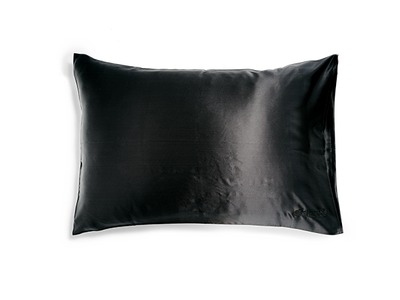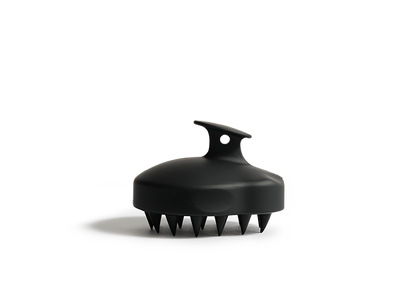With our skin, we often take measures to adapt to the environment around us. If it’s cold outside, we invest in extra moisturizer. If it’s particularly sunny, we make sure to apply and reapply sunscreen. But what about your hair? Often, hair seems to be an afterthought. Here at Strands, we want you to know that haircare is also self-care. We believe that as seasons change, your hair routine should follow suit.
Our scientists recommend that you update your formula every three months (for each season) to maximize your hair health. All you have to do is update our hair questionnaire. It is free of charge -- there is no catch. If you’ve been with Strands over the seasons, you can even request past formulations, making seasonal hair care easier than ever.
That being said, if you feel like your hair has gone a massive transformation over time, it might be best to re-submit a hair sample.

How does changing weather affect your hair?
As you may have seen in our last blog post, the changes in temperature can affect the moisture levels and texture of your hair. The low humidity in cold weather can make your strands dry, full of static, and lifeless. The freezing weather can even cause flyaways and an itchy scalp. When it’s hot and dry, the intense UV-rays can weaken and damage your hair. Hot and humid environments affect your hair cuticle integrity and may lead to frizz.
How Strands factor in seasonal changes (Strands POV):
- When you take our hair questionnaire, we look at your zip code to analyze your local environmental factors such as humidity, UV index, and temperature. By updating your information when needed, Strands can make sure you have the most optimal shampoo and conditioner for your environment. Our scientists choose specific ingredients to protect your hair against your area’s seasonal elements.
Shifting seasons mean shifting lifestyles
Weather aside, there are many lifestyle factors to take into account when it comes to changing seasons.
- Styling
Some women choose to go lighter in the summer and darker in the winter in terms of hair color. And, it’s not uncommon to change up your hairstyle or treatment. Maybe you treat yourself to a keratin treatment or a hair color transformation for the holidays. Different styling can definitely change your hair texture, so it is important for your shampoo and conditioner products to adjust accordingly.
- General routine
Do you always have the heat cranked on during colder months? Is the AC on full blast when it’s hot? Inside elements dry out your hair more than you think. What about winter or summer vacation? Headwear is an important factor to take into consideration, as hats can cause friction on hair and breakage.
- Exercise
Your exercise habits may change seasonally. This is important because your exercise habits can impact your hair. Do you exercise more or less in certain seasons over others? Do you exercise outside less during colder months? Even if you’re consistent in the number of times you hit the gym, the types of exercises you do may differ. For instance, you might swim more in the summer. Using this information, we add ingredients to combat chlorine damage.
How Strands factor in lifestyle changes (Strands POV):
- For Strands, there is no such thing as TMI. We want to know about your lifestyle habits, so our scientists can develop the right formulation for you.

 The Starter Set
The Starter Set
 Reorder
Reorder
 Silk Pillowcase
Silk Pillowcase
 Scalp Massager
Scalp Massager



